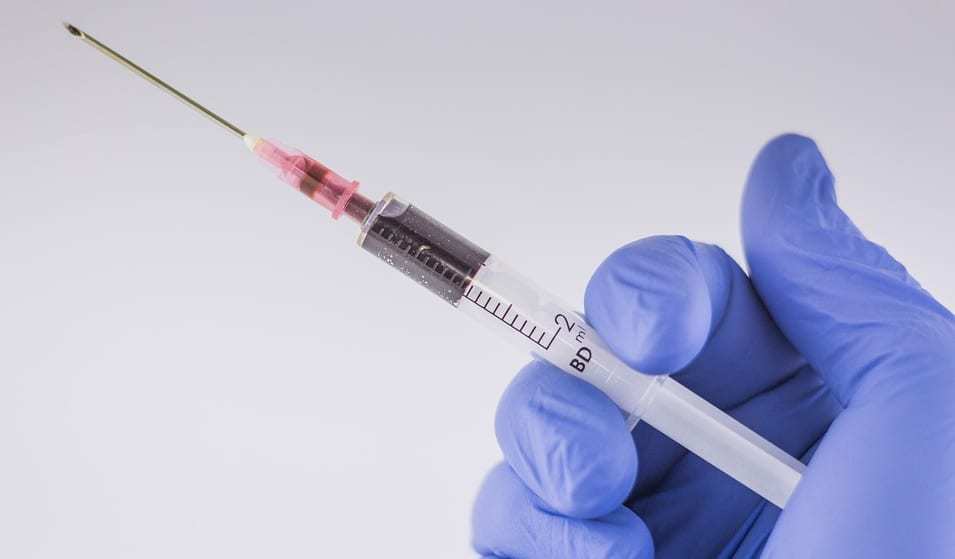AliveCor has designed a device that can detect dangerously high levels of potassium.
The US Food and Drug Administration (FDA), has given “Breakthrough Device” status to a potassium screening mHealth device developed by California-based medical device company AliveCor. The company’s KardiaK mHealth platform has been created to analyze ECG readings to detect dangerously high level of potassium in a person’s blood, without the need to draw blood.
The digital health tools is designed to detect hyperkalemia.
Hyperkalemia is an elevated level of potassium, a mineral and electrolyte, in your blood. Potassium is critical for nerve and muscle cell function, including those in the heart. High levels of potassium can be quite dangerous (and deadly), typically requiring immediate medical treatment.
Among the 500,000 Americans with end-stage renal disease who rely on dialysis, experts predict 40% will die from hyperkalemia, reported mHealth Intelligence.
AliveCor hopes to integrate its KardiaK Platform into a home testing kit for the almost 31 million Americans who have kidney disease or who are at risk of developing hyperkalemia. If this becomes possible, AliveCor’s potassium screening mHealth device could replace the current potassium screening method, which is an office-based invasive blood test, with an easy and straightforward ECG taken in the comfort of a patient’s home.
AliveCor’s Potassium screening mHealth device could save lives and money.
Back in March of this year, using an AI algorithm, the company demonstrated at the American College of Cardiology’s Scientific Sessions how its connected care platform could detect hyperkalemia from over 2 million ECGs and 4 million serum potassium values that were collected between 1997 and 2014.
Commenting on the test, Paul Friedman, MD, stated in an official AlliveCor press release that the test “holds the promise of enabling people to painlessly determine whether a life-threatening and otherwise silent and very treatable condition is present – from the comfort of their own homes and within seconds. It may save people’s lives, and save the healthcare system dollars.”
Friedman is the Chair of the Department of Cardiovascular Medicine and a member of the Mayo Clinic team that co-developed the test.
AliveCor’s digitial health tool detects hyperkalemia in electrocardiograms in a way that is similar to those captured by the company’s KardiaMobile smartphone attachment and KardiaBand mHealth wearable. The KardiaBand was  given FDA clearance in 2017 as a medical device accessory and has been approved for the Apple Watch.
given FDA clearance in 2017 as a medical device accessory and has been approved for the Apple Watch.
The FDA’s designation of the KardiaK potassium screening mHealth device means that the agency will review the technology on an accelerated track.
